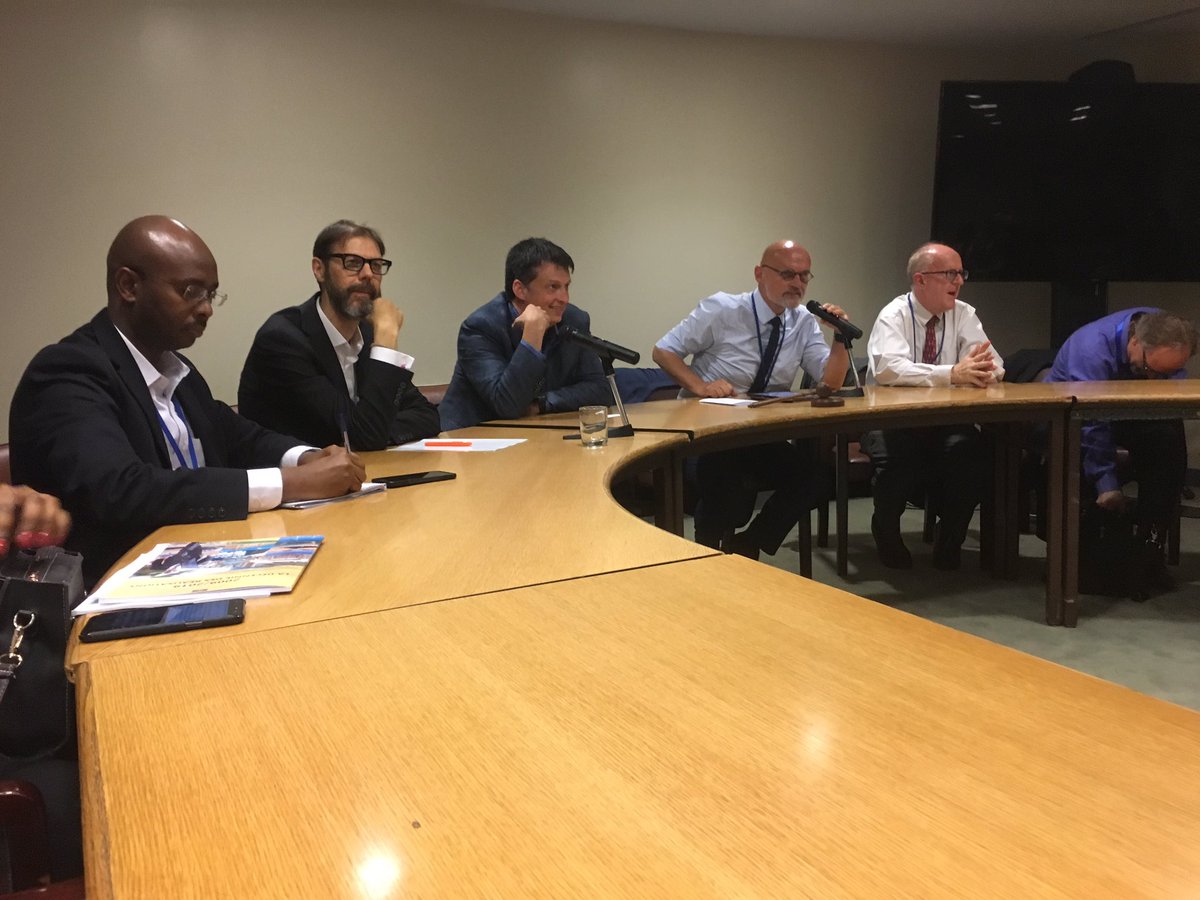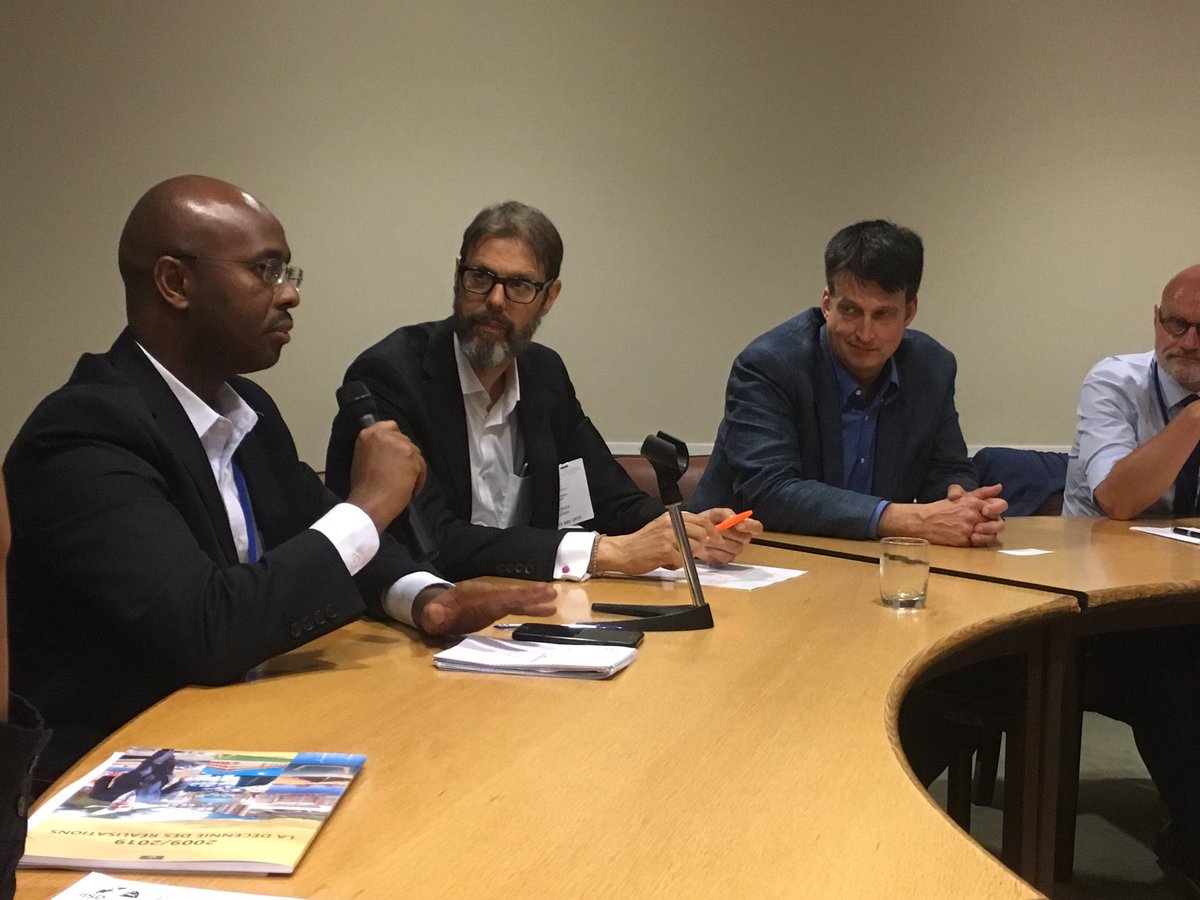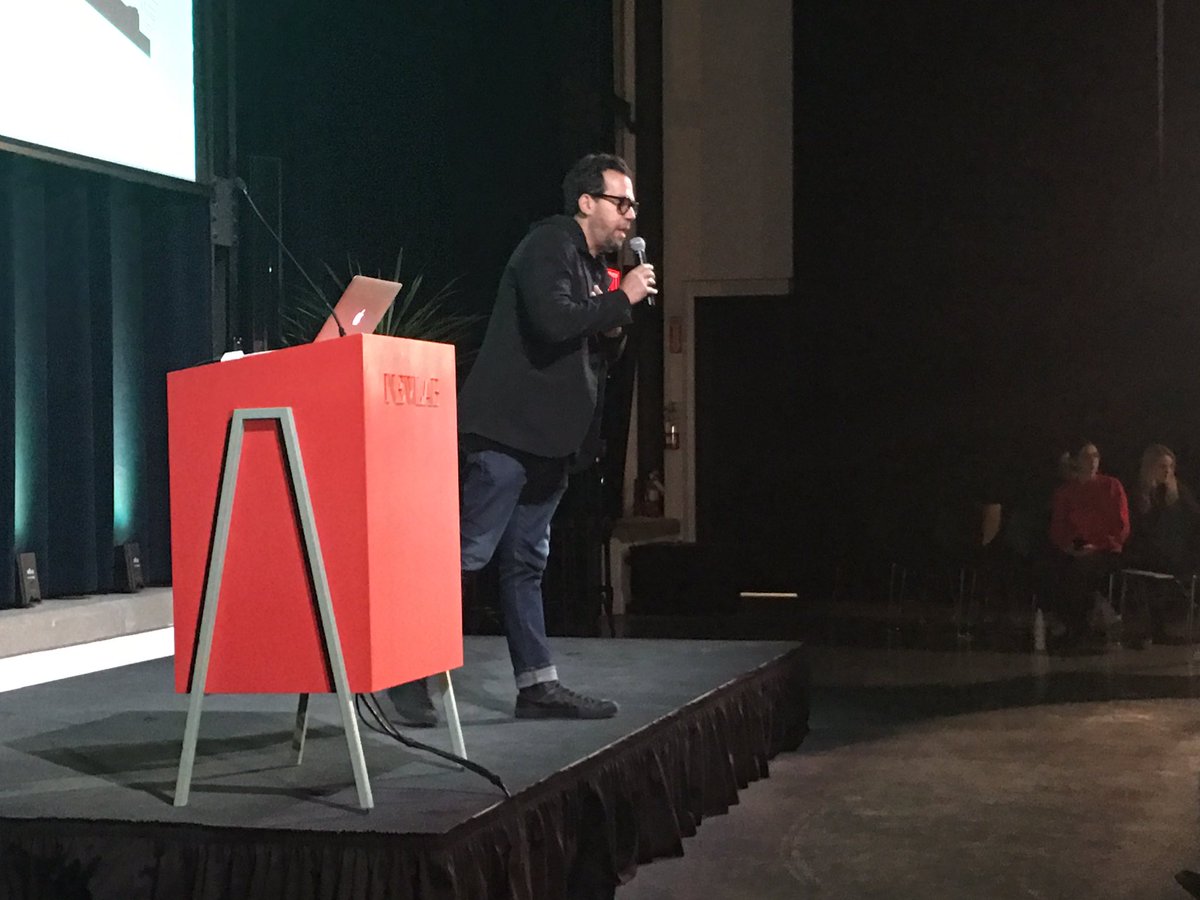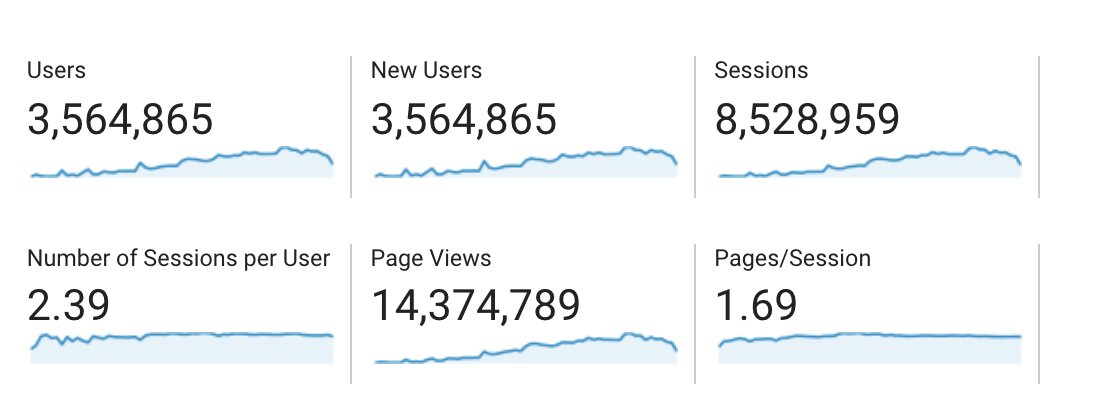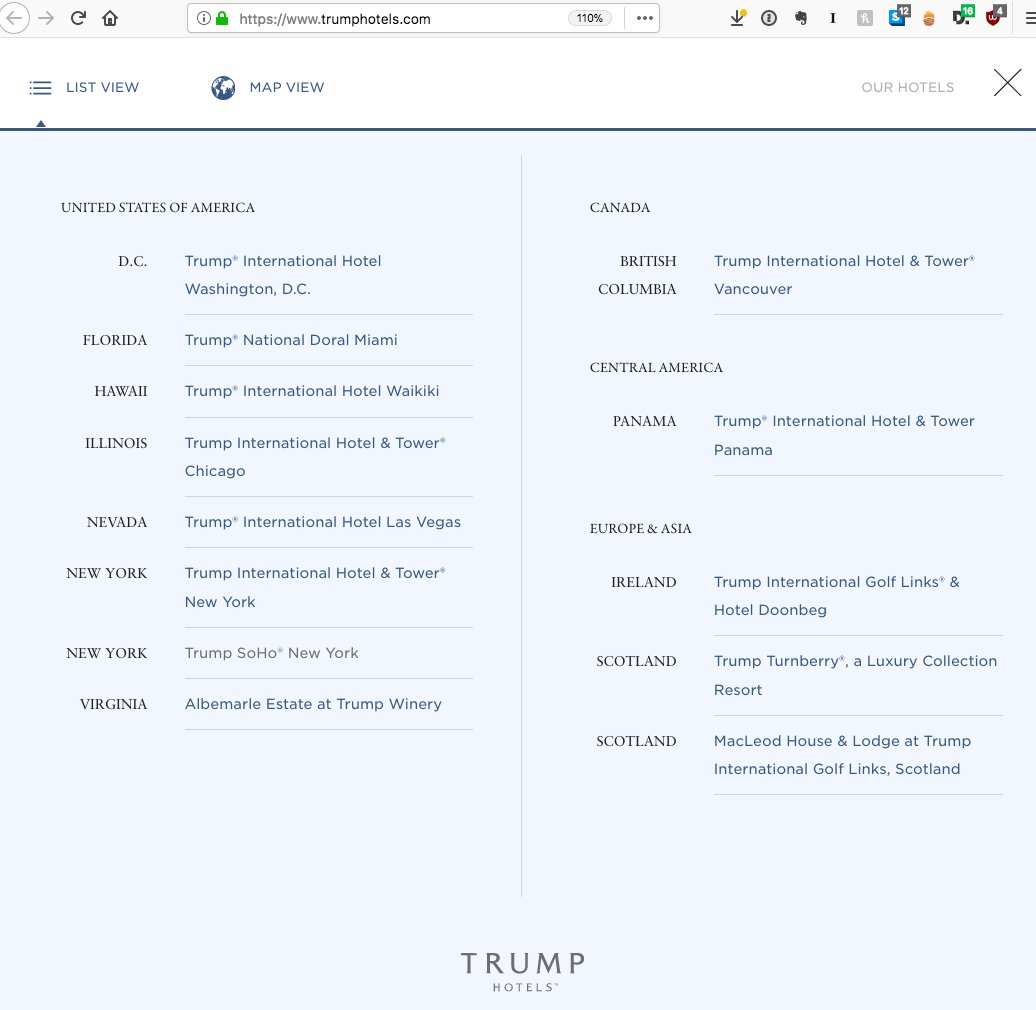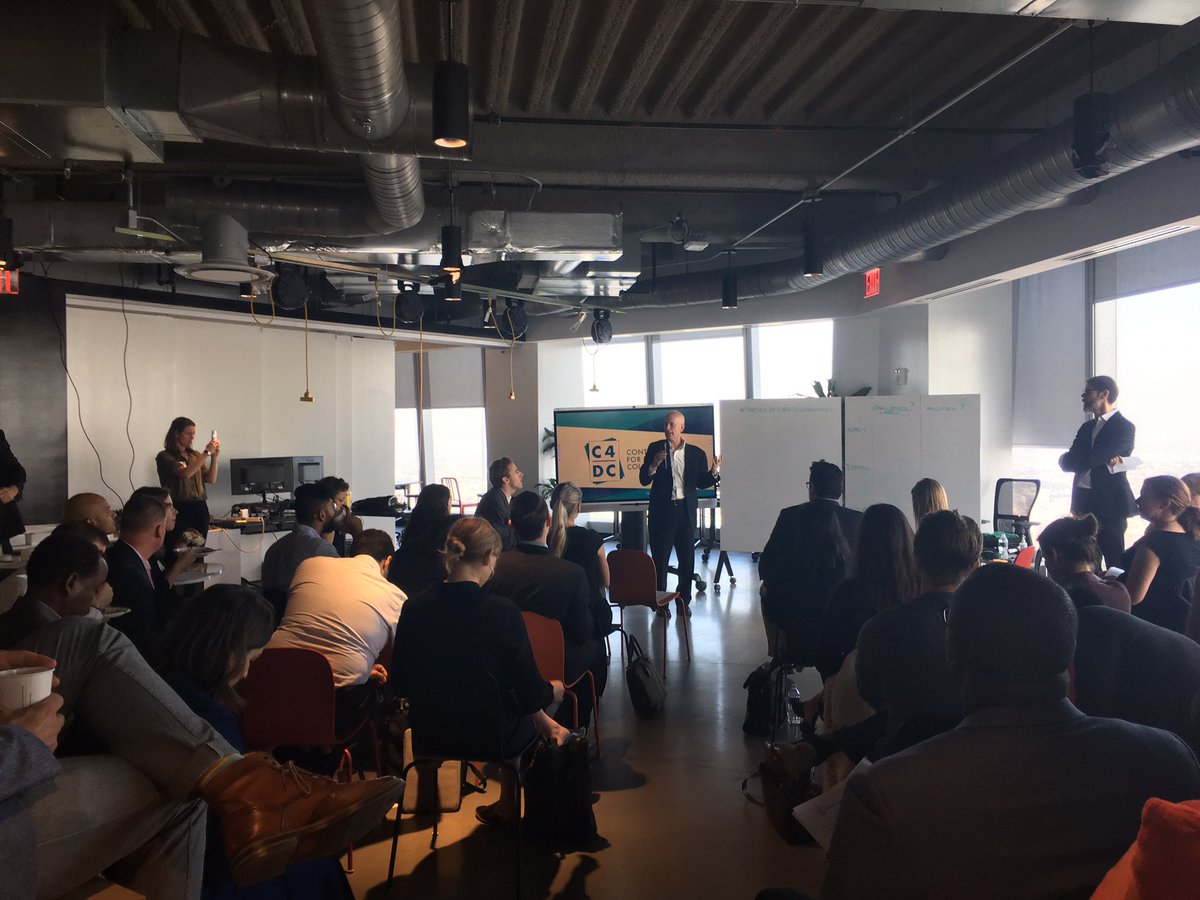
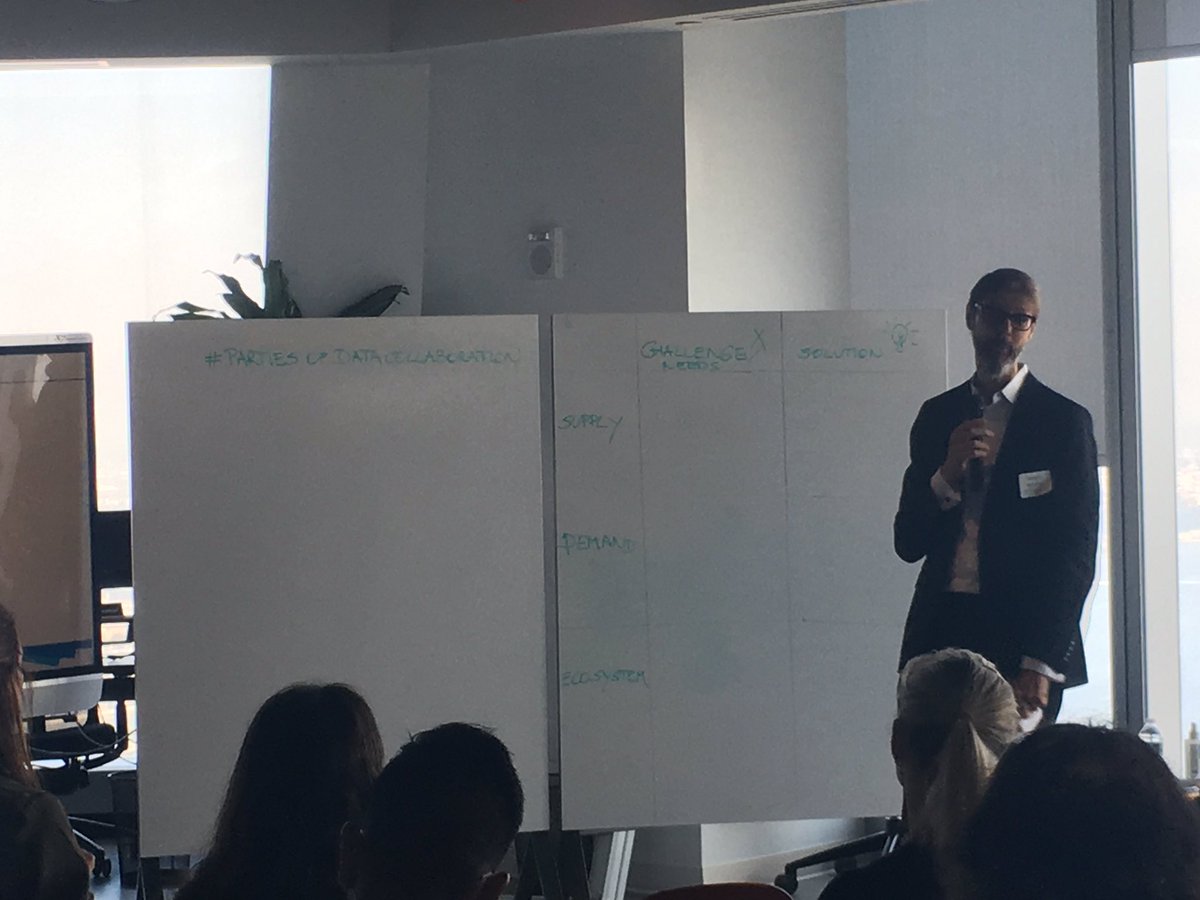
Figuring out how to maximize value is essential for doing good.
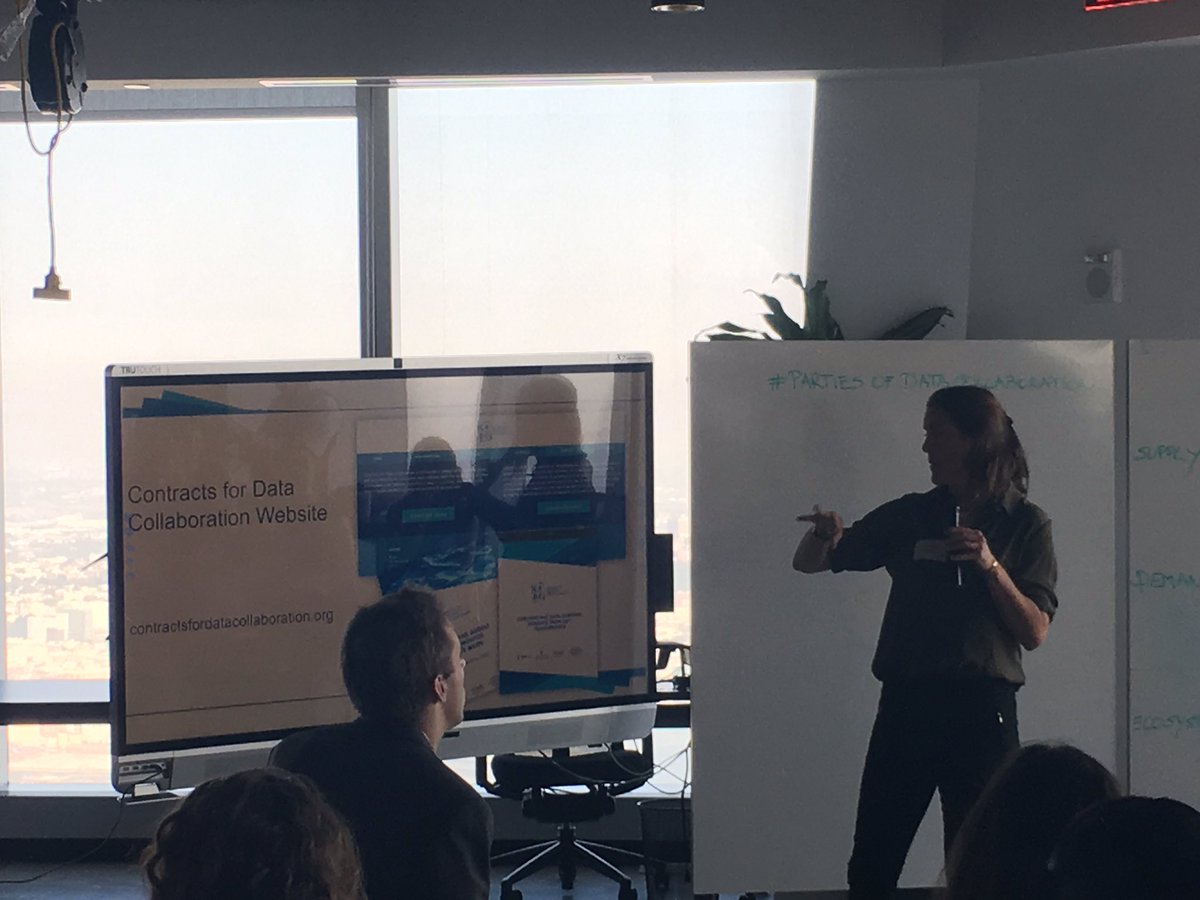
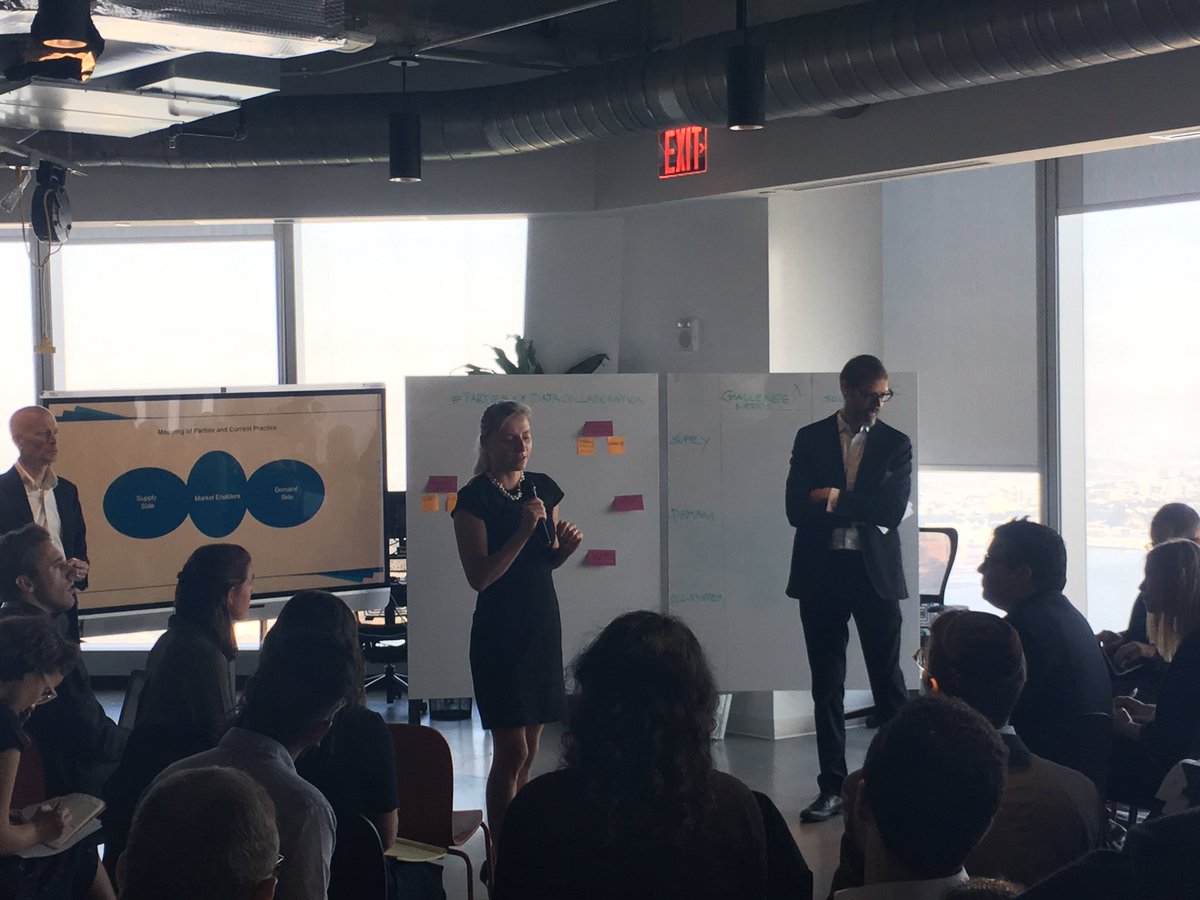
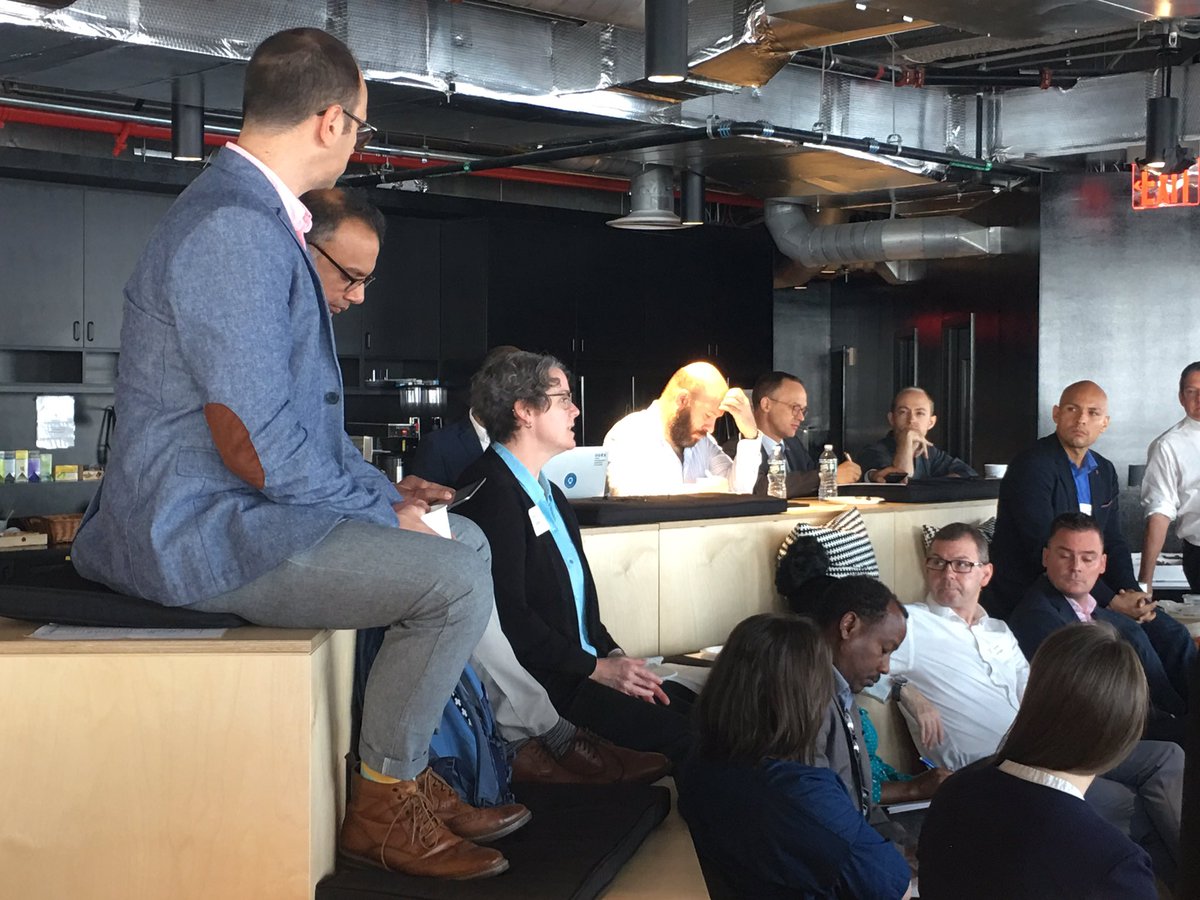
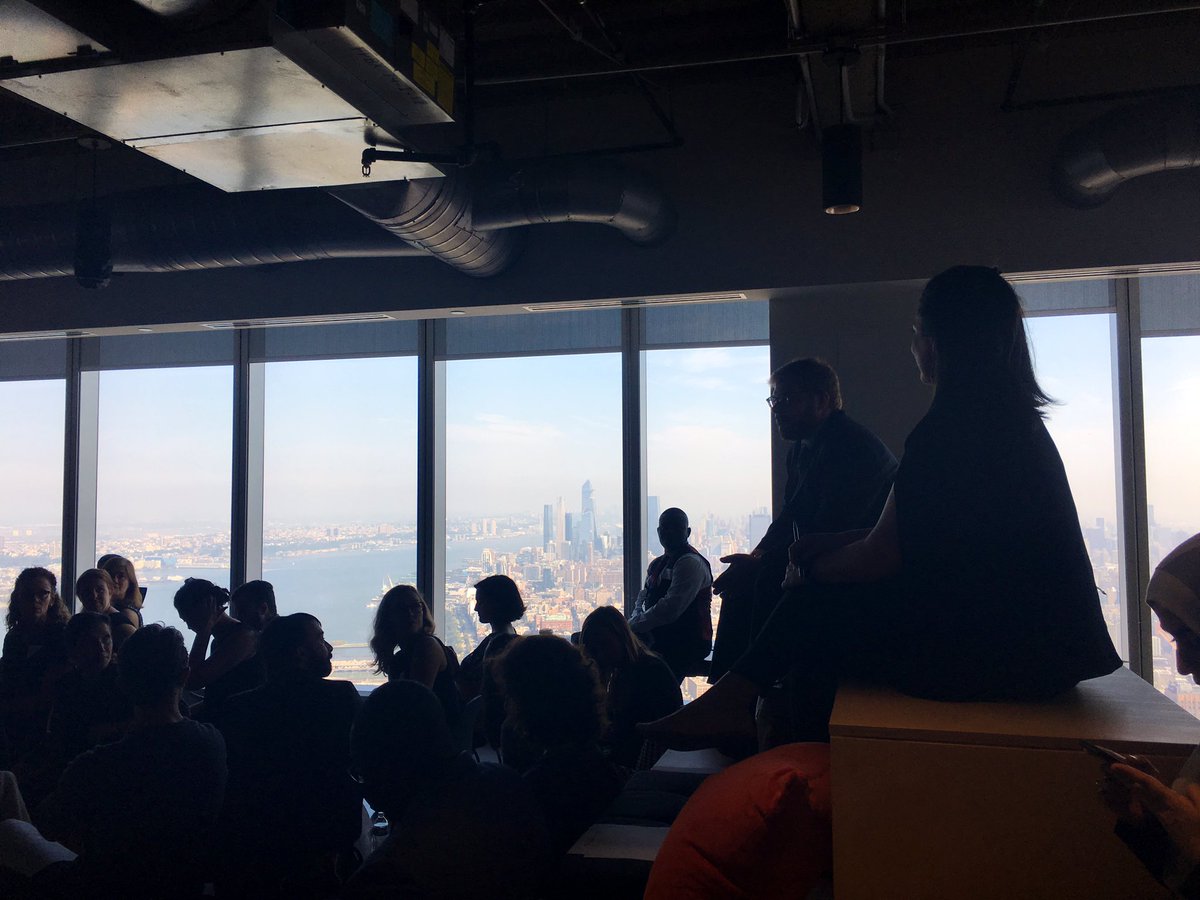
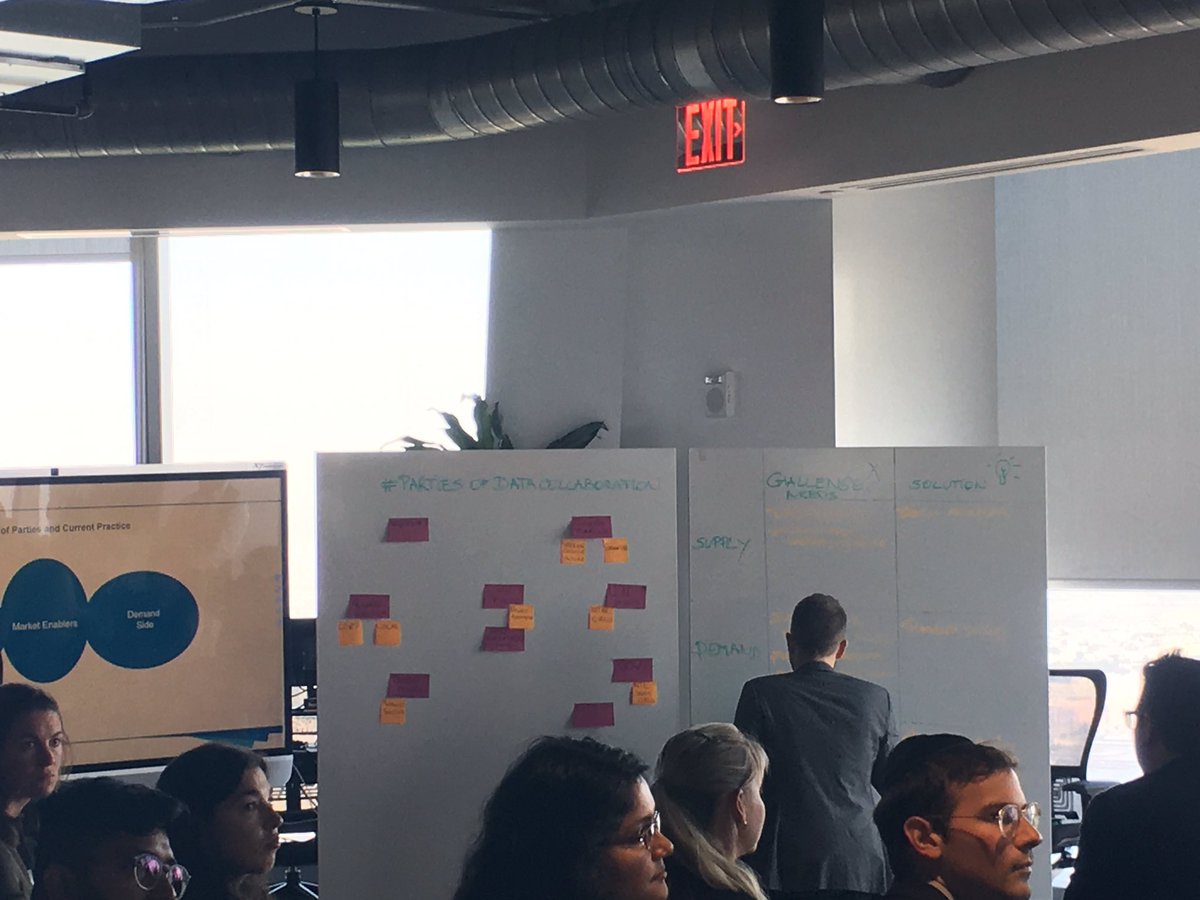
1. Make contracts routine. People need to stop learning the same thing over and over.
2. Understand incentives for #datasharing
3. Improve timing. In humanitarian sits, some efforts take too long
4. Internal collab
5. Better terms of use so data subjects can better participate in how their data is used
6. A principled approach. If you can agree on general principles, you can get much better alignment.
7. A glossary of terms so people understand what others mean
8. Study into incentives to understand why people do #datasharing
9. Working with the regulatory community to ensure legal compliance
10. Have a documented set of conversations
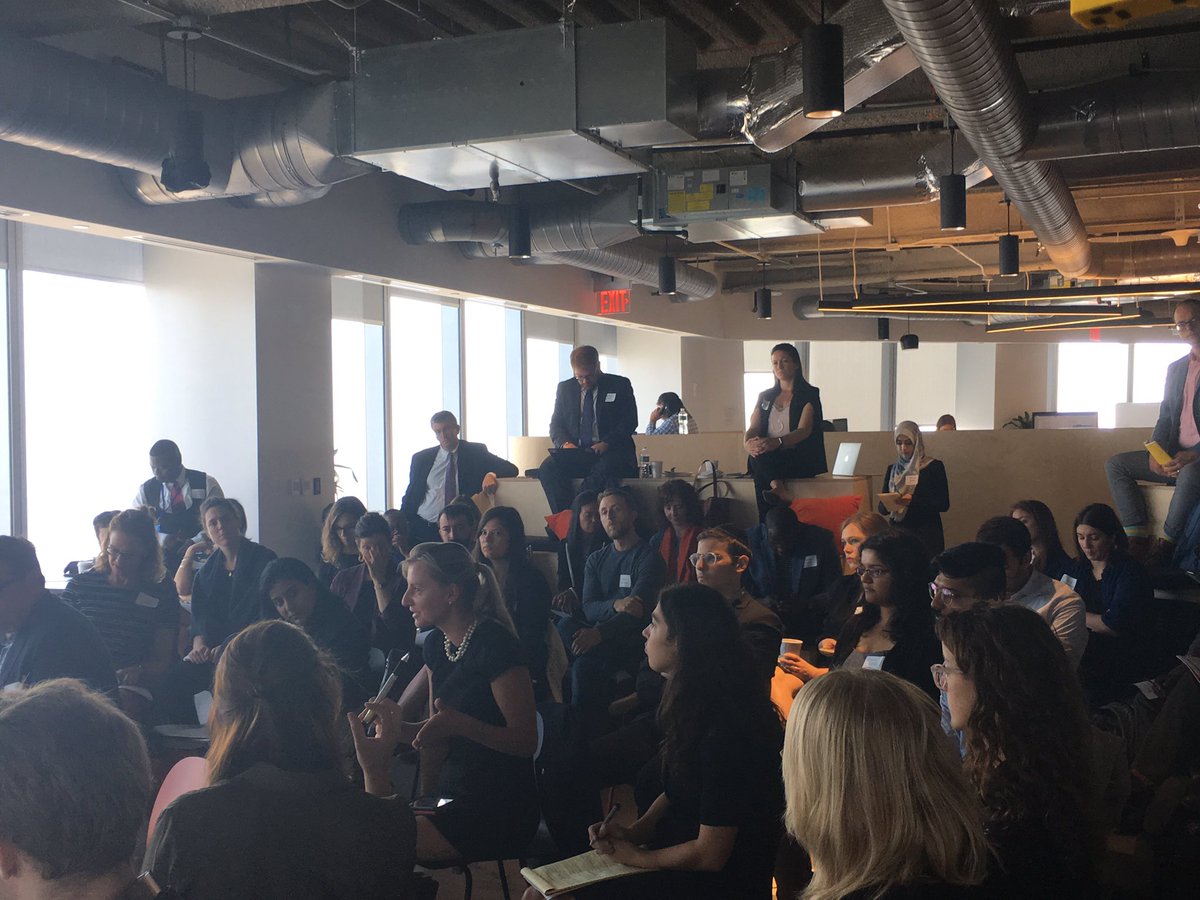
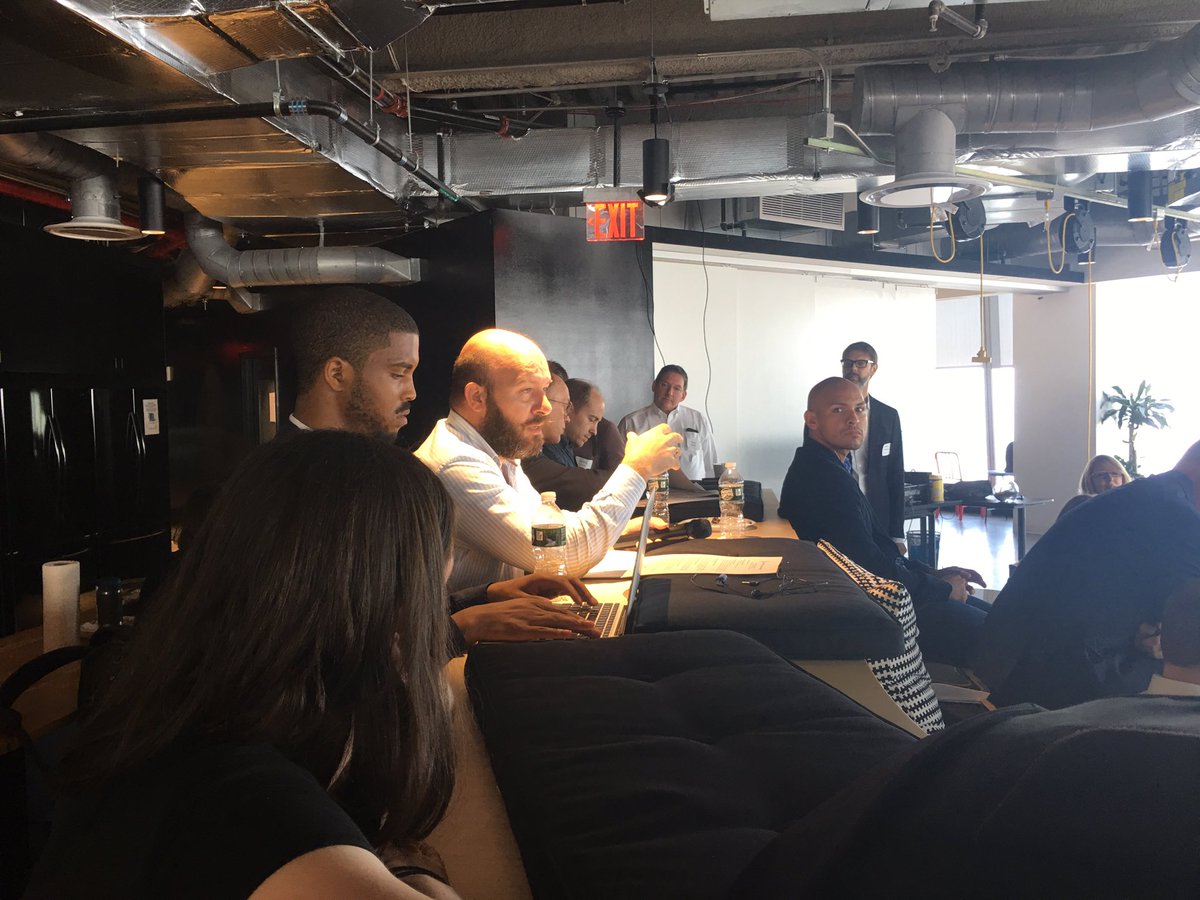
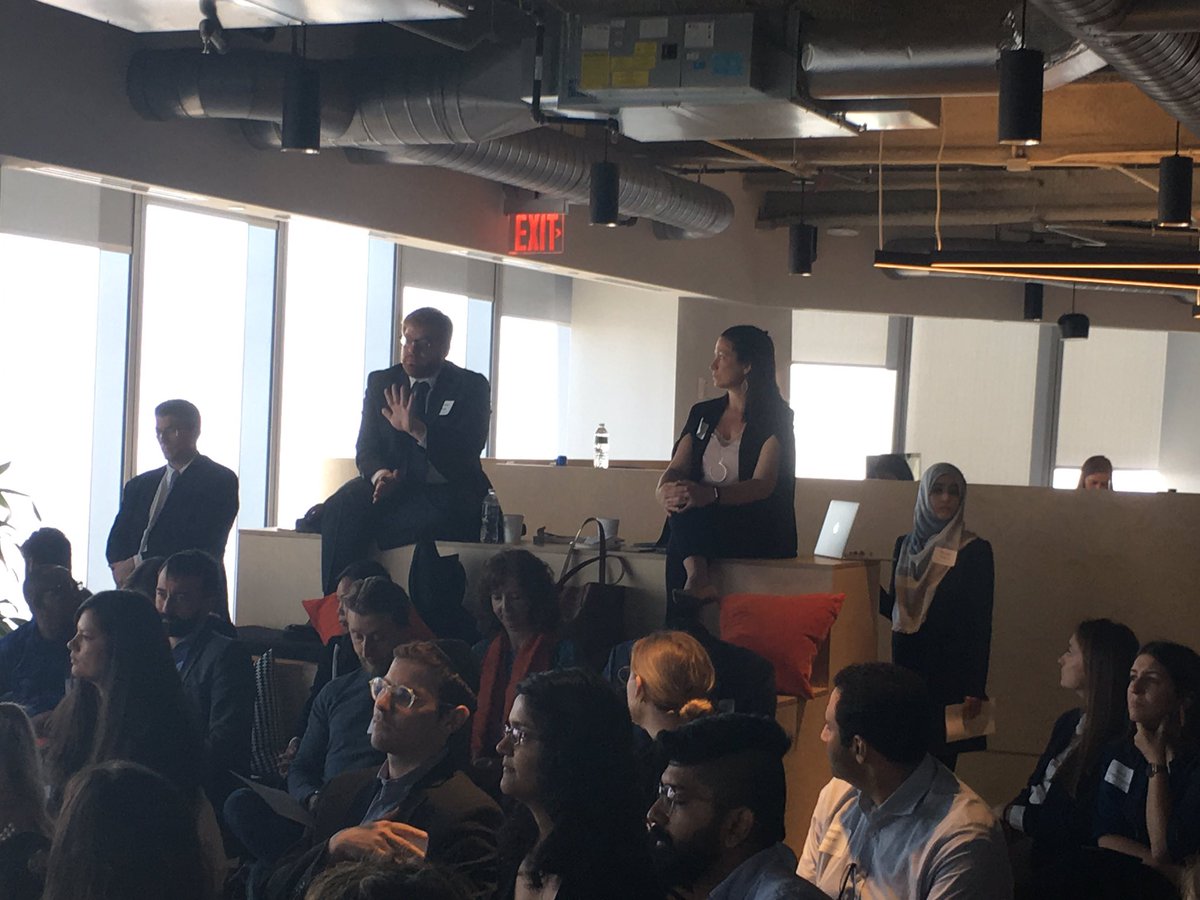
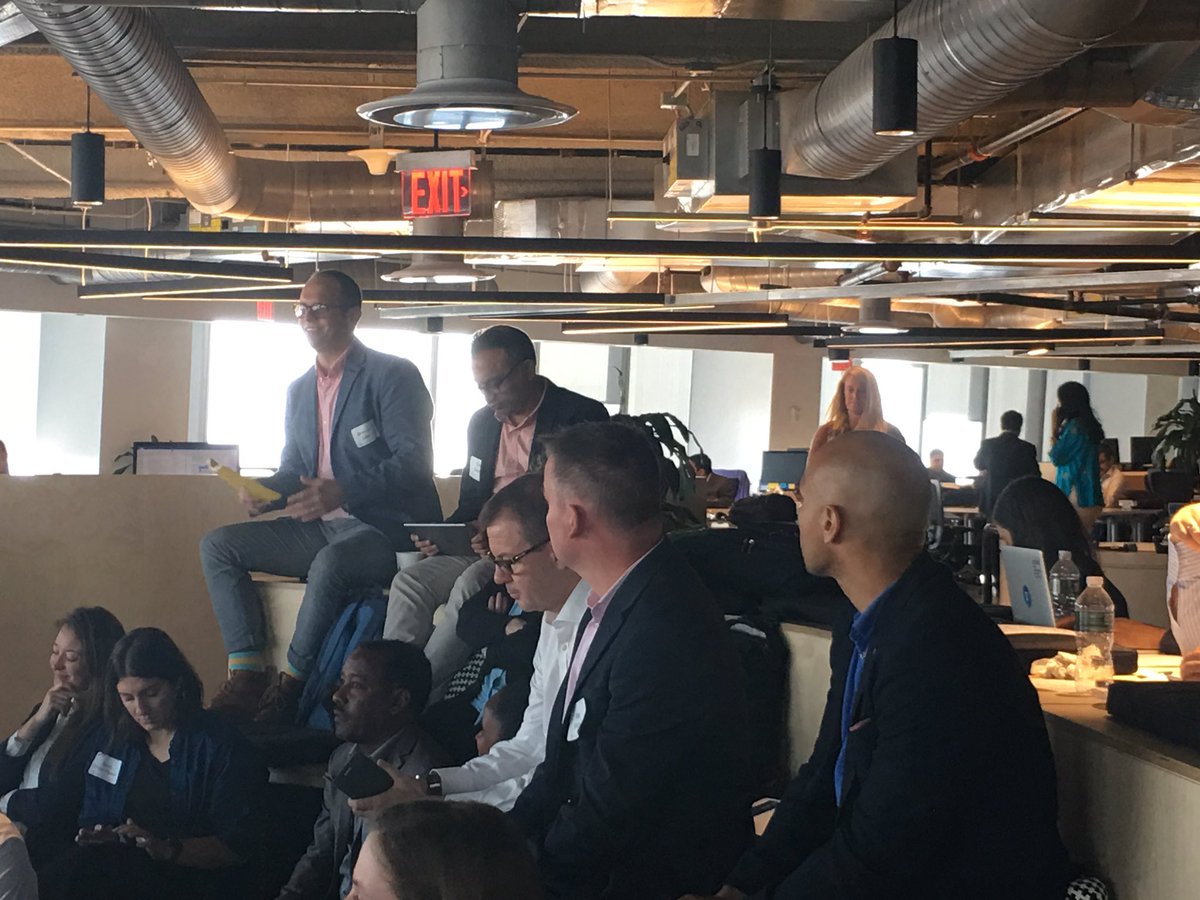
12. A stronger sense of data standards
13. An articulation of diff business models
1. Building a community around mechanisms for sharing;
2. Shared narrative and common language, esp. around distribution of labor;
3. Fluidity of the topic. There are many possible entities
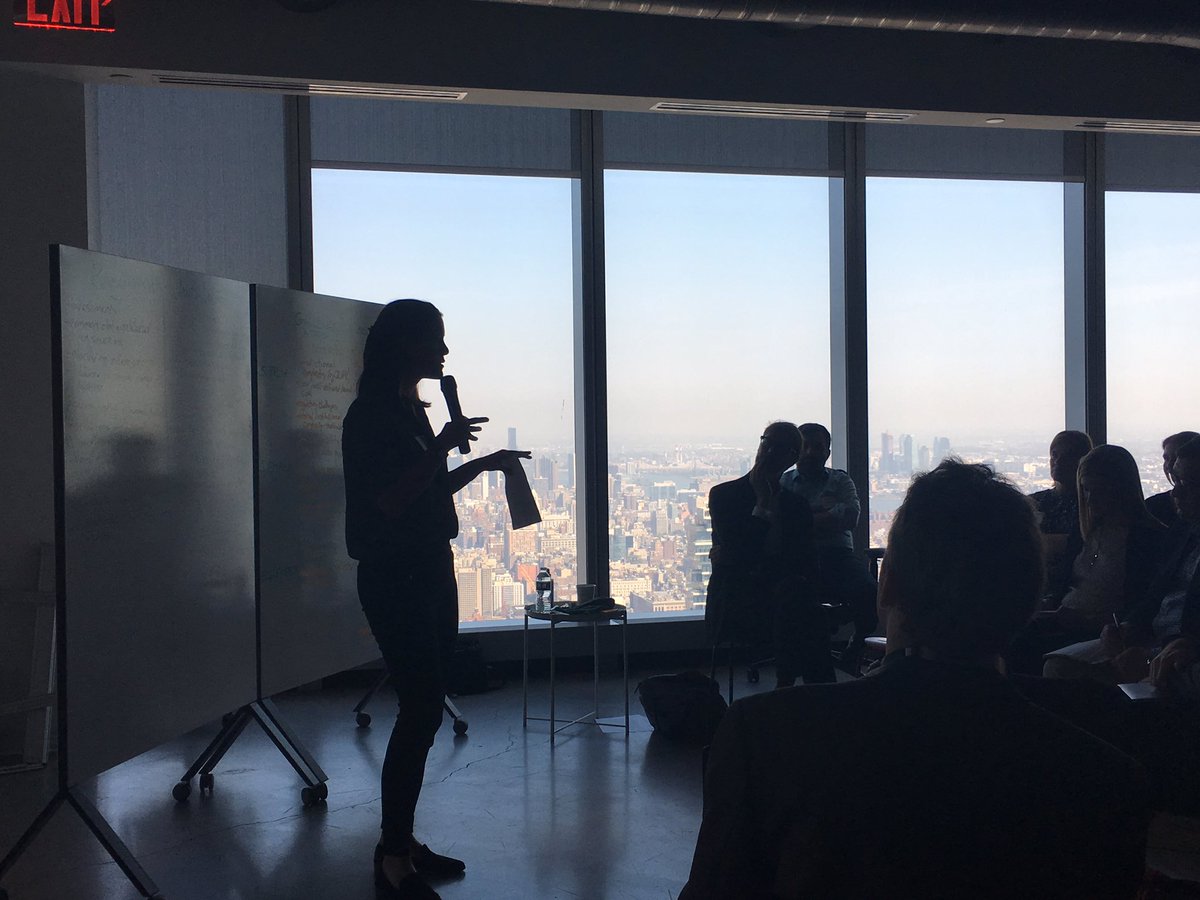
4. Understanding power asymmetries and empowering all participants at the get-go, especially the citizens whose data is being collected
5. Working together toward solutions


